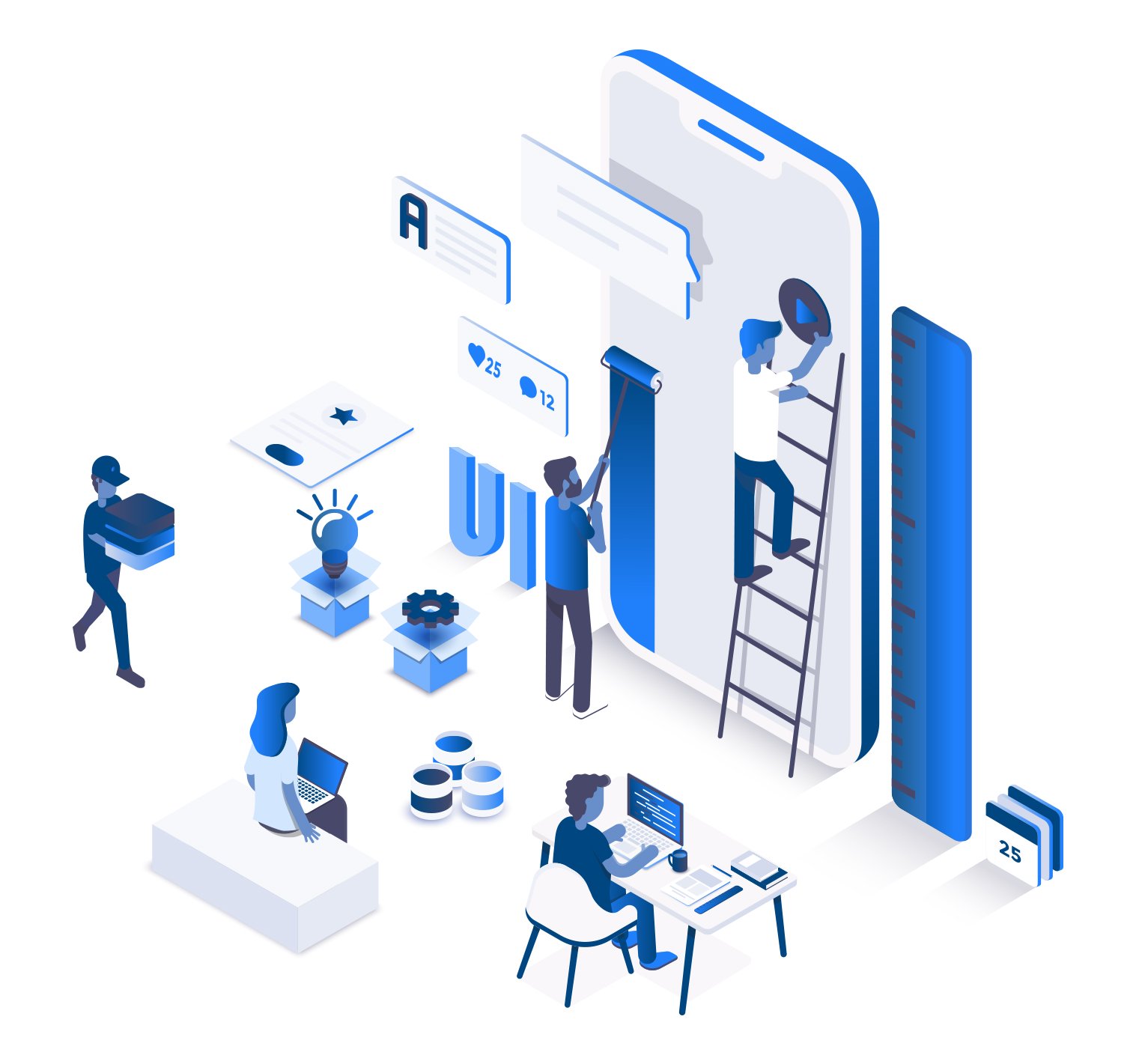In today’s fast-paced business environment, continuous employee development is essential for success. Corporate training consultants are becoming increasingly important as they help organizations enhance workforce skills and adapt to changing market demands. This article explores the significance of corporate training consultants, the evolution of training practices, and the current trends shaping employee development.
The Evolution of Corporate Training
Historical Context
Traditionally, corporate training involved a one-size-fits-all approach, often characterized by classroom-based learning and standardized programs. Employees would attend lectures or workshops that did not always address their specific needs or learning styles. This method often led to disengagement and limited retention of information.
As companies recognized the limitations of traditional training methods, a shift occurred toward more dynamic and interactive approaches. The rise of technology has played a pivotal role in this transformation, enabling organizations to explore innovative training solutions that cater to diverse learning preferences.
Current Trends Impacting Training
Remote Work
The COVID-19 pandemic accelerated the shift toward remote work and online learning platforms. Many companies have embraced e-learning solutions that allow employees to access training materials at their convenience.
Changing Workforce Demographics
With millennials and Generation Z entering the workforce, there is a growing demand for flexible learning options that emphasize collaboration, engagement, and real-world applications. Corporate training consultants are essential in navigating these changes and implementing effective training strategies.
The Importance of Corporate Training Consultants
Bridging Skill Gaps
One of the primary roles of corporate training consultants is to identify and address skill gaps within organizations. In an era where technology is advancing rapidly, employees must continuously update their skills to remain competitive. Consultants conduct thorough assessments to pinpoint areas where employees may lack proficiency and develop targeted training programs to bridge these gaps.
Enhancing Employee Engagement and Retention
Training programs, therefore, not only develop skills but also have a very significant role in the improvement of employee engagement and retention. Research shows that organizations with strong training programs have higher levels of employee satisfaction. Employees who feel supported in their professional development are more likely to remain loyal to the organization.
Corporate training consultants enable an organization to build an effective, interactive learning experience for the employee. Consultants do this by bringing simulation and group discussion along with other activities and can develop an ownership over learning process among the employees. Thus, these trainings not only facilitate learning of the skill but also work positively in workplace culture.
Key Trends Shaping Corporate Training Today
Adaptation to Technological Change
The rapid pace of technological change necessitates that corporate training evolves accordingly. Organizations must leverage technology to deliver effective training solutions that meet the needs of today’s workforce. Corporate training consultants play a vital role in this adaptation by recommending tools and platforms that enhance learning experiences.
Many companies are now utilizing Learning Management Systems (LMS) for centralized access to training materials and progress tracking. Additionally, virtual reality (VR) and augmented reality (AR) technologies are gaining traction as immersive learning tools for skills-based training in fields such as healthcare and manufacturing.
Focus on Continuous Learning
Fostering a culture of continuous learning has become essential for organizational success in today’s dynamic work environment. Employees must be encouraged to pursue ongoing education to keep pace with industry changes and emerging technologies. Corporate training consultants help instill this mindset by designing programs that promote lifelong learning.
Strategies for encouraging continuous education may include offering access to online courses, hosting regular workshops or lunch-and-learn sessions, and providing resources for self-directed learning. By creating an environment where employees feel empowered to learn continuously, organizations can enhance adaptability and innovation.
Customized Training Solutions
The effectiveness of corporate training hinges on its relevance to employees’ roles and responsibilities. As such, customized training solutions have become increasingly important. Corporate training consultants work closely with organizations to assess their unique needs and design tailored programs that address specific challenges.
For instance, a retail company may require customer service representatives to improve their communication skills while handling difficult customers. A consultant can develop a specialized program focusing on real-life scenarios relevant to the retail environment, ensuring that employees receive practical skills applicable to their day-to-day interactions.
The Integration of Advanced Learning Technologies
Utilizing AI and Data Analytics
Artificial intelligence (AI) is revolutionizing corporate training by providing insights into employee performance and learning preferences. Training consultants can leverage AI-driven platforms that analyze data on employee engagement and progress, allowing for more informed decision-making regarding training initiatives.
For example, AI can help identify which training modules are most effective or which employees may require additional support based on their performance metrics. This data-driven approach enables organizations to optimize their training programs continually.
Gamification and Interactive Learning
Gamification is another trend gaining traction in corporate training. By incorporating game-like elements into learning experiences—such as points systems, leaderboards, and rewards—consultants can significantly enhance employee engagement. Gamified training encourages friendly competition among employees while making the learning process enjoyable.
Interactive learning methods also contribute to better knowledge retention compared to traditional lecture-based approaches. Case studies showcasing successful gamification initiatives demonstrate how organizations can transform dull training sessions into exciting opportunities for growth.
Strategic Alignment with Business Goals
Aligning Training with Organizational Objectives
To maximize the impact of corporate training initiatives, it is essential for organizations to align these programs with broader business goals. Corporate training consultants assist in this alignment by ensuring that training strategies directly contribute to organizational success.
For instance, if a company aims to improve customer satisfaction scores as part of its strategic objectives, consultants can develop customer service training programs specifically designed to enhance employees’ skills in this area. By measuring the outcomes of these initiatives against key performance indicators (KPIs), organizations can assess their effectiveness.
Key Takeaway
Corporate training consultants play an indispensable role in modern businesses by addressing skill gaps, enhancing employee engagement, and aligning training initiatives with organizational goals. As companies navigate an increasingly complex landscape marked by rapid technological change and evolving workforce expectations, these experts provide valuable insights into effective workforce development strategies.



